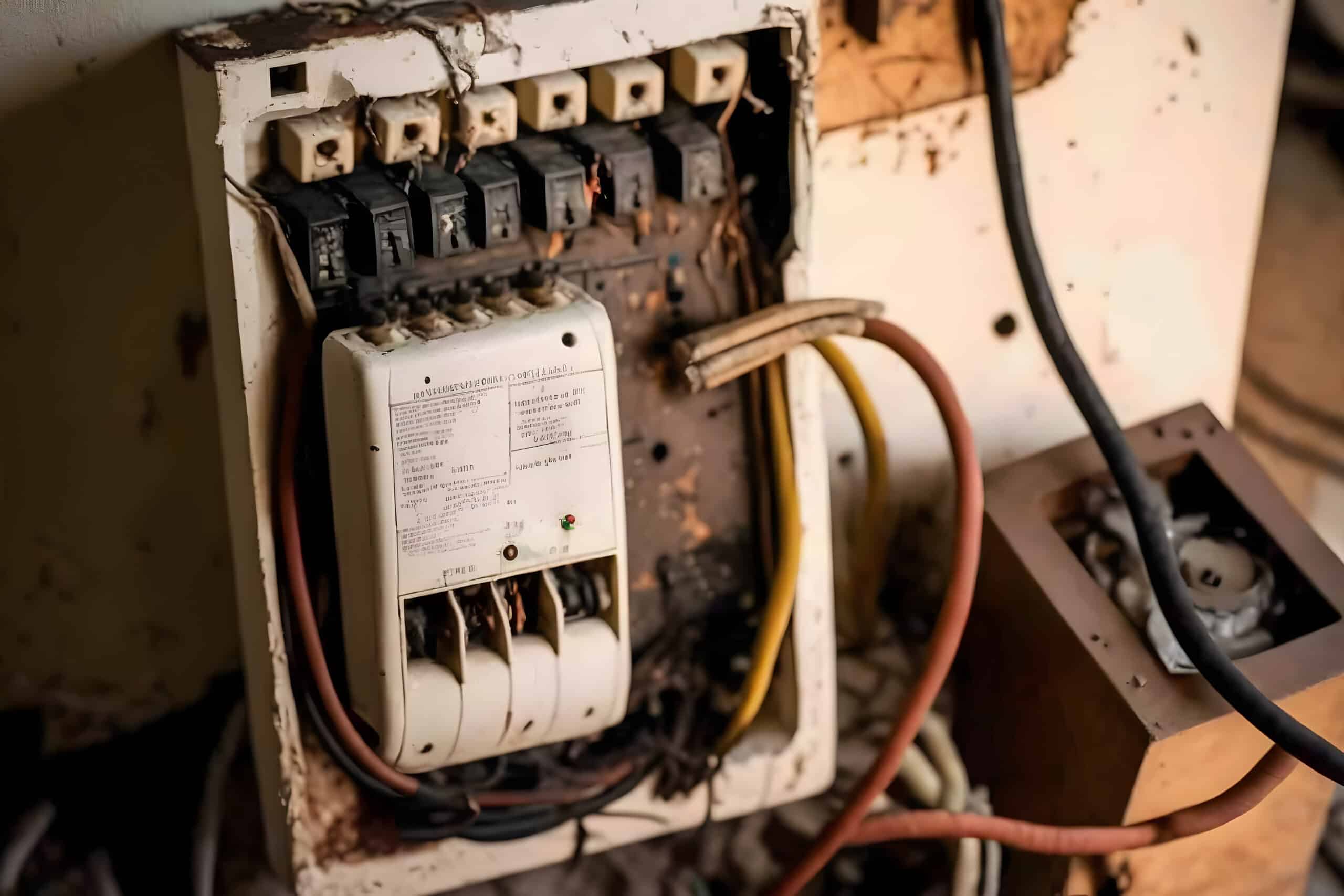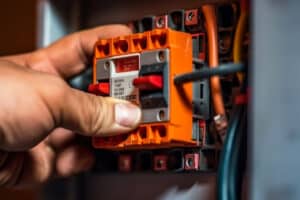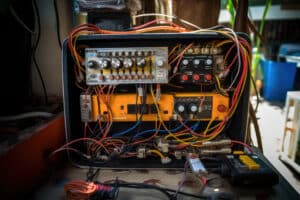How to Calculate the Required Generator Size for Your Home?
Key Takeaways
- Choosing the right size generator is crucial for effectively powering your home during an outage.
- Online calculators, such as the ones provided by Generac Power Systems and GeneratorGrid, offer a quick and convenient way to determine the required generator size by considering factors like home size, appliances, and location.
- If you prefer a more hands-on approach, you can manually calculate the required generator size by identifying essential appliances, determining their running and starting watts, and factoring in additional appliances.
When it comes to preparing for power outages, a generator can be a lifesaver. However, in order for your generator to effectively power your home during an outage, it’s important to choose the right size. Determining the required generator size for your home involves assessing your power needs and understanding the wattage requirements of your appliances. In this article, we will explore different methods of calculating the required generator size for your home, including utilizing online calculators and manual calculations.
Method 1: Utilizing Online Calculators
One of the easiest and most accurate methods of calculating the required generator size for your home is by using online calculators. These calculators take into account various factors such as the size of your home, the appliances you want to power, and your location. Let’s take a look at a couple of reliable online calculators:
Generac Power Systems Home Standby Sizing Calculator
Generac Power Systems provides a Home Standby Sizing Calculator that simplifies the process of determining your generator size. By entering your postal code, home size, and power needs, the calculator will generate three possible generator options along with estimated installation costs and financing options. It is advisable to consult with an authorized dealer to analyze your specific requirements before making a purchase decision.
Whole House Generator Sizing Calculator
GeneratorGrid also offers a Whole House Generator Sizing Calculator. This calculator provides a comprehensive approach to generator sizing and takes into consideration factors such as the square footage of your home, the number of bedrooms, and the types of appliances you want to power. By inputting this information, the calculator will recommend an appropriate generator size for your needs.
Method 2: Manual Calculation
If you prefer a more hands-on approach or want to double-check the results obtained from online calculators, you can manually calculate the required generator size for your home. Here’s how:
Step 1: Identify Your Essential Appliances
Create a list of all the electronic appliances you want to keep running during a power outage. This usually includes essentials like refrigerators, lights, heating and cooling systems, and medical equipment.
Step 2: Determine the Running and Starting Watts
Locate the name tags or labels on your appliances that provide information about their required running and starting watts. Running watts refer to the power needed to keep the appliance running, while starting watts indicate the additional power required when the appliance is initially turned on.
Step 3: Calculate the Total Running Watts
Add up all the running watts of your essential appliances to determine the total power needed. This will give you an idea of the minimum generator size required to meet your basic power needs.
Step 4: Account for Starting Watts
Identify the appliance with the highest additional starting watts and add this number to the total running watts calculated in the previous step. This final number represents the amount of starting watts your generator needs to provide. It ensures that your generator can handle the initial power surge when appliances are turned on.
Step 5: Factor in Additional Appliances
If you have non-essential appliances or optional extras that you would also like to power during an outage, add their running watts to the total calculated in the previous step. This will give you a more accurate estimation of the generator size required for your home.
Conclusion
Calculating the required generator size for your home is crucial to ensure that you have sufficient power during an outage. Online calculators provided by reputable sources like Generac Power Systems and GeneratorGrid make this process quick and convenient. Alternatively, you can manually calculate the generator size by considering the running and starting watts of your essential appliances. Whichever method you choose, it is important to consult with professionals or authorized dealers to ensure accuracy and suitability for your specific needs.
Related Websites:
FAQs:
Q: Why is selecting the right generator size important?
Selecting the right generator size ensures that all your power needs are met during an outage. It prevents the risk of overload and allows you to power essential appliances and systems without any issues.
Q: How do I determine the starting and running watts of household appliances?
To determine the starting and running watts of household appliances, refer to their manufacturer’s specifications or labels. These will provide you with the necessary information. You can also find wattage calculators online that can help you estimate the power requirements of your appliances.
Q: What factors should I consider besides wattage when choosing a generator size?
Besides wattage, other factors to consider are climate and altitude. Extreme temperatures or high altitudes can affect the performance and power output of the generator. It’s important to factor in these considerations to ensure the generator can handle the specific conditions of your location.
Q: How do I calculate the generator’s capacity based on total wattage?
To calculate the generator’s capacity, add up the total starting and running watts of all appliances, lights, and systems that may require power during an outage. This sum will give you the required capacity. It’s recommended to have a buffer capacity for future additions or unforeseen power needs.
Q: Should I seek professional advice when selecting a generator size?
Yes, it is highly recommended to consult with a qualified electrician or generator specialist. They have the expertise to accurately calculate your power needs and guide you in selecting the right generator size. Their professional assistance ensures a safe and reliable power solution for your home.






